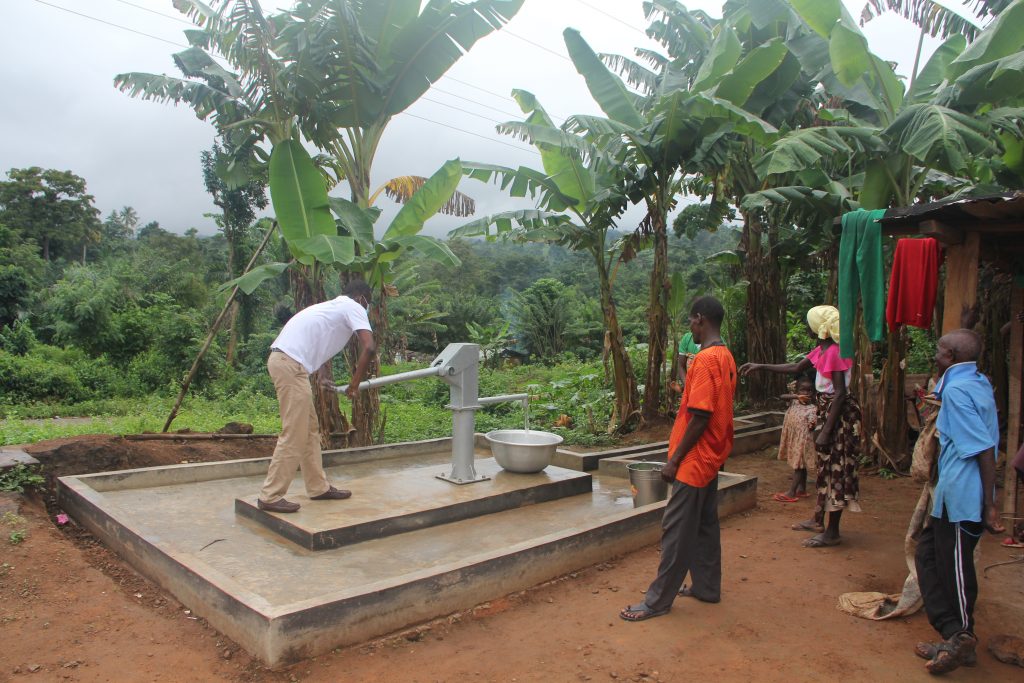
The people of Yilo Krobo, Upper Manya and Lower Manya Municipal Assemblies in the Eastern Region of Ghana were extremely happy to benefit from GrowthAid’s Sustainable Water, Sanitation and Hygiene (SWASH II) project. A total of about 50000+ people in fifteen (15) under-served communities in the above-mentioned Municipalities and District received water facilities (boreholes) as well as sanitation and hygiene trainings from GrowthAid which was funded by Latter-day Saint Charities (LDSC). Community members expressed their profound gratitude to GrowthAid and LDSC for providing them with safe water facilities (boreholes), training them on facility management and sensitizing them on sanitation and hygiene which has improved upon their health and their lives.
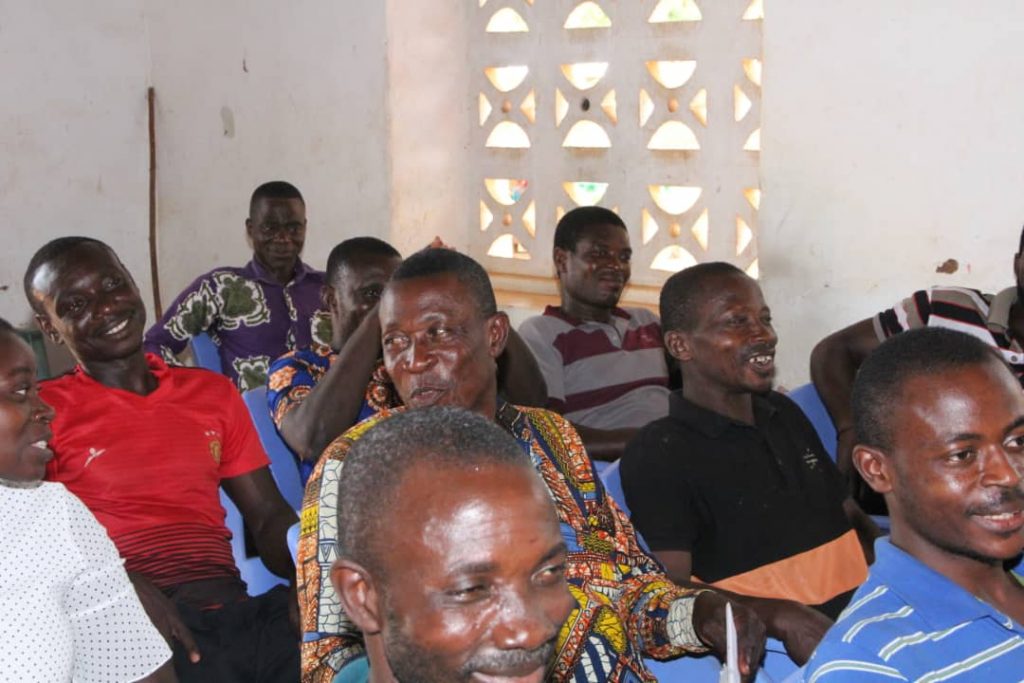
The project started in September 2020 to August 2021. The initial target for the project was the provision of safe water, improved sanitation and hygiene (WASH) services to nine (9) rural communities but later increased to 15 due to the generosity of the donor (Latter-Day Saint Charities). Not only did the project provide safe water and sanitation to 54800 people but also help improve the capacity of beneficiary communities and institutions to prevent COVID-19 and support the prevention of neglected tropical Diseases (NTDs). The project saw the construction of fourteen (14) new boreholes with seven (7) new and seven (7) rehabilitated iron removal plants in the project communities. Furthermore, five (5) non-functional boreholes were rehabilitated in the project communities.
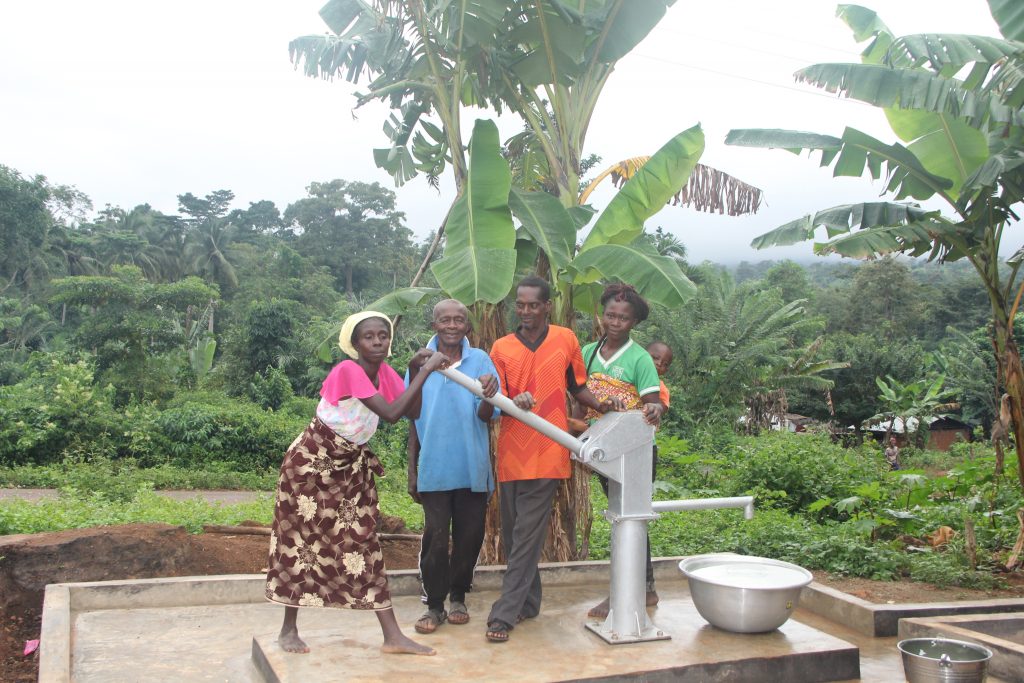
A sanitation and hygiene study was conducted in all project communities based on the results and analysis of the study, a sensitization exercise was conducted to educate residents on the effects of poor sanitation and ways to improve upon their sanitation and hygiene practices in the community. Another major activity under the SWASH II project was the training of the WATSAN committee members to equip them with the relevant knowledge on basic repairs and maintenance and improved hygiene practices to promote sustainability of projects. The project ended successfully in August 2021 and safe water facilities (boreholes) were handed over to the project communities which are currently in use.
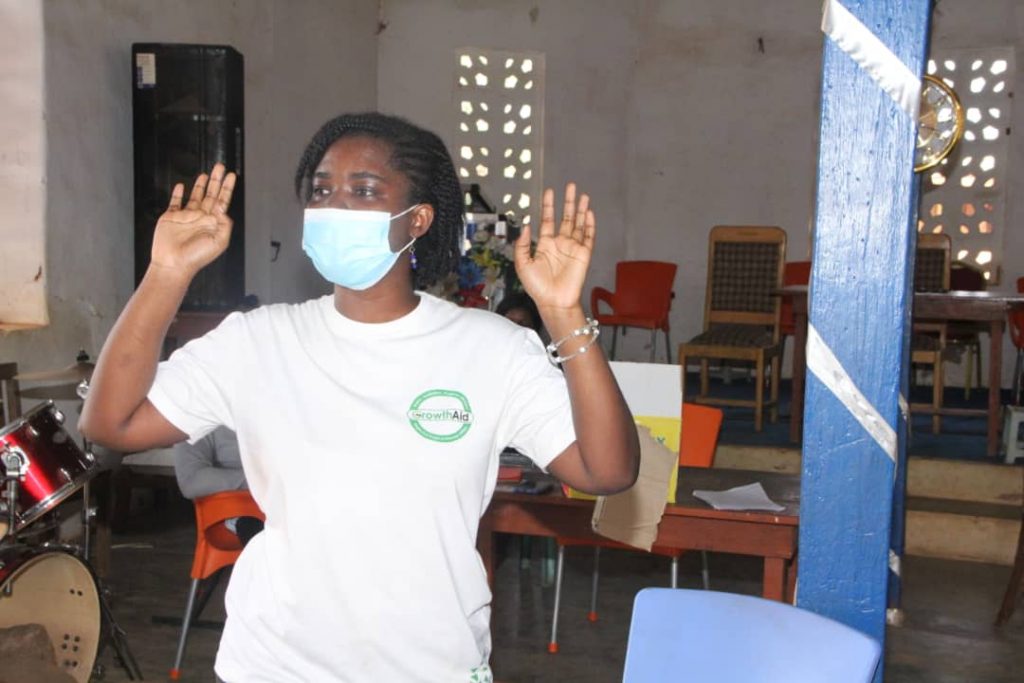
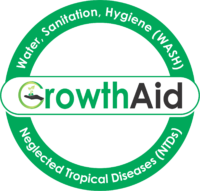
Leave a Reply